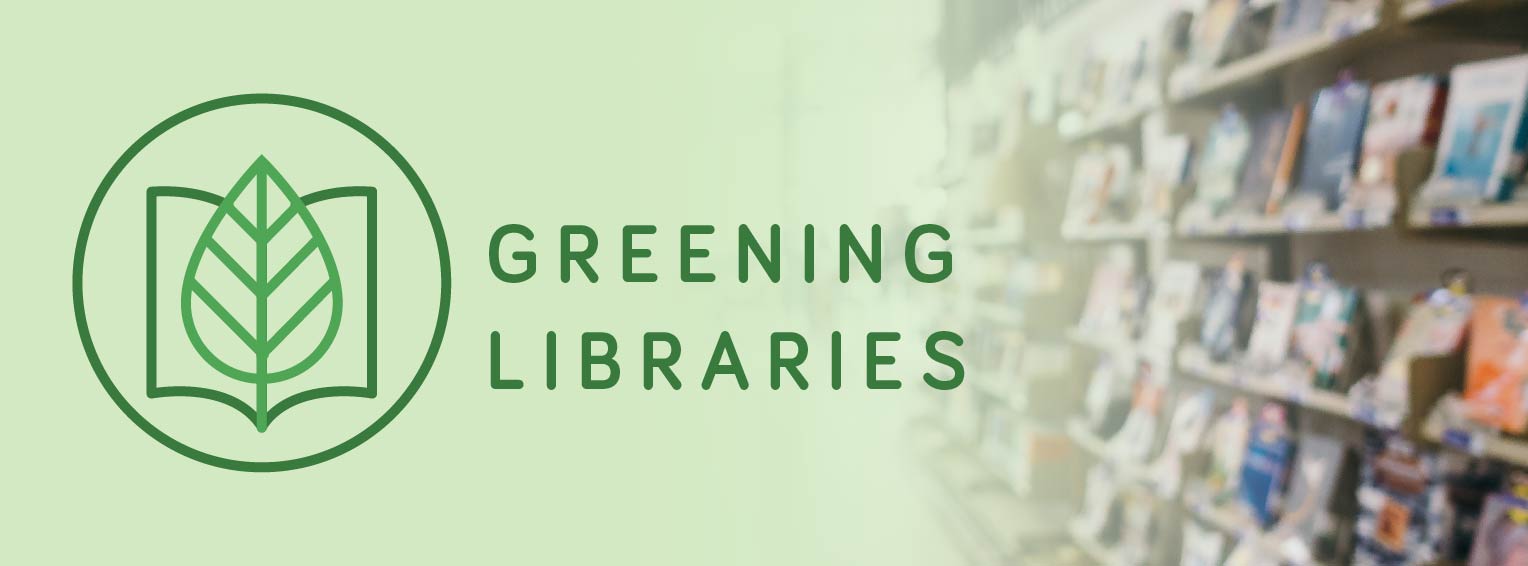
Greening Libraries
Climate change and its effects pose an increasing threat to libraries and the communities they serve. ALIA is working towards a sustainable future, and supports libraries and library and information professionals to lead through promoting awareness, providing evidence-based information, supporting adaptation and helping to mitigate the impact on the most vulnerable in our society.
ALIA’s work to support sustainability
The Sustainable Development Goals
ALIA supports the UN Sustainable Development Goals (SDGs), that span economic, environmental and social development, and SDG 13 explicitly addresses the need to take urgent action to combat climate change and its impacts. To implement to SDGs, ALIA has set a number of stretch targets, including developing and publishing Guidelines for Australian libraries’ environmental sustainability in 2022-2023.
Carbon Neutral by 2030
The target to become carbon neutral by 2030 was stated in the ALIA Board Statement on Climate Change. This will be achieved through environmental initiatives at ALIA House, the Association’s Canberra office, and by working with ALIA Groups, on conferences and events, to ensure that ALIA conserves natural resources, minimises consumption and wastage and is a responsible energy user.
Research: The Greening Libraries project
ALIA commissioned a team from Charles Sturt University to carry out a Greening Libraries research project into sustainability and greening across the library sector internationally and in Australia.
The project will underpin ALIA’s new sustainability drive, in line with the Association’s commitment to the Sustainable Development Goals.
The CSU team is made up of Dr Jane Garner, Dr Kasey Garrison, Dr Sabine Wardle and Associate Professor Karen Bell. They have been awarded the $5,000 grant to research environmentally sustainable projects across Australian libraries.
A key output of this project is a series of case studies including different types of libraries such as public, academic and state libraries, and from remote, regional and urban areas of Australia. It will also include selected leading international examples.
These case studies showcase best practice and can be used to inform the creation of a toolkit for libraries to help them support environmental action through the library space, further the greening libraries movement as well as exemplify sustainability practices that are consistent with United Nation’s Sustainable Development Goal 11: Sustainable Cities and Communities. The project has been made possible through the generous support of the Council of Australian University Librarians and is being run in conjunction with ALIA Sustainable Libraries.
Case study 1: Woollahra Libraries, NSW
Case study 2: Noosa Library Services, QLD
Case study 3: National Library of Australia, ACT
Case study 4: Charles Sturt University Library, NSW
Case study 5: The Grove Library, WA
Case study 6: Longwood Public Library, Middle Island, New York, USA
The Greening Libraries literature review
The first research output from the Greening Libraries project is now available.
The literature review highlights strategies in use by libraries across the world to make sustainability a priority, from practical actions to reduce waste to community education. The report also highlights key enablers for success, including the need for guidelines and organisational support.
The final report from the research team at CSU support libraries with flexible and practical frameworks for other libraries to go green. ALIA thanks the Council of Australian University Librarians for their support of this research.
Download the Greening Libraries literature review.
ALIA Sustainable Libraries (ALIA Green)
The ALIA Sustainable Libraries Group has been established to inform & educate colleagues on issues of sustainability. The group will support and promote research and professional development, and increase the awareness of environmental concerns amongst library staff. The group also seeks to enhance and promote documentary resources connected to sustainability.
Get involved.